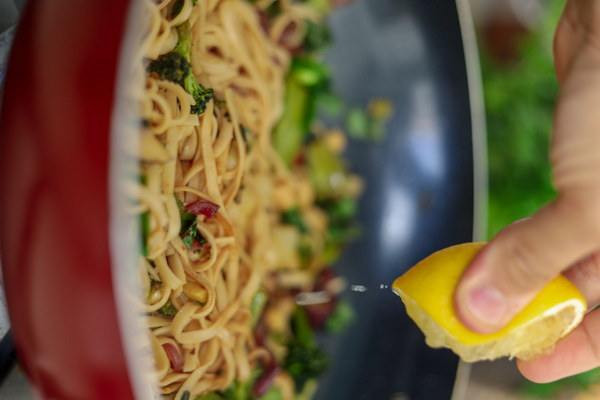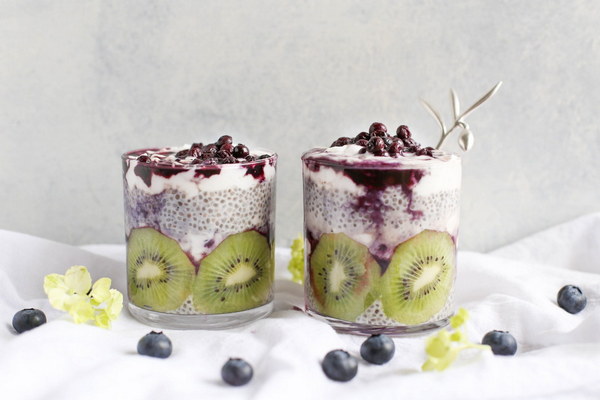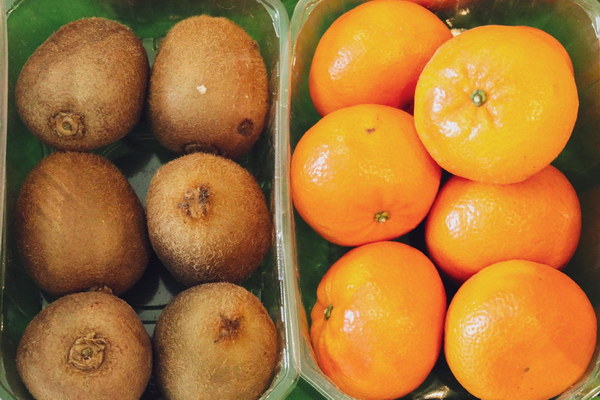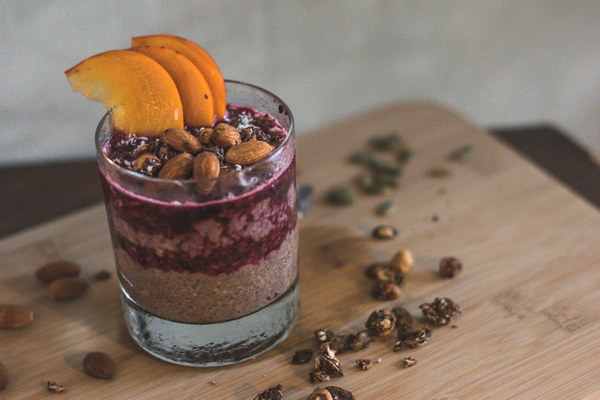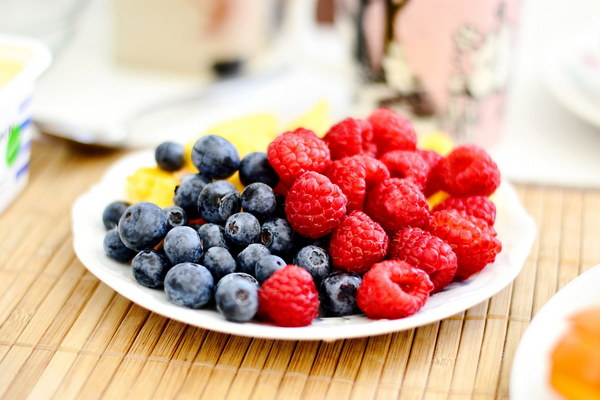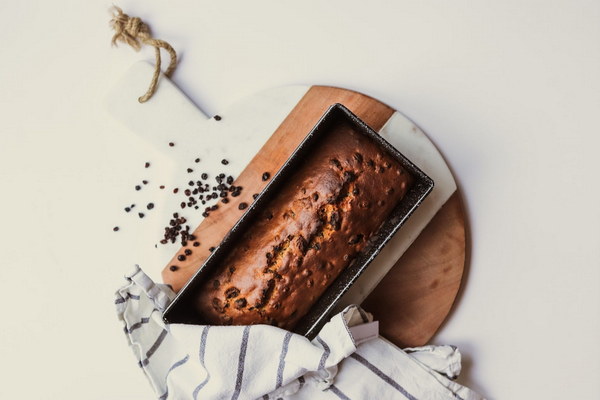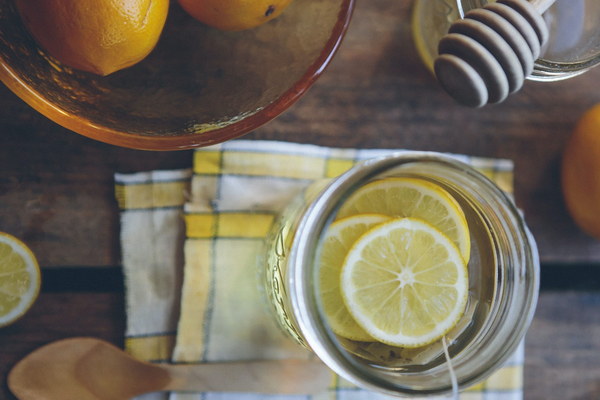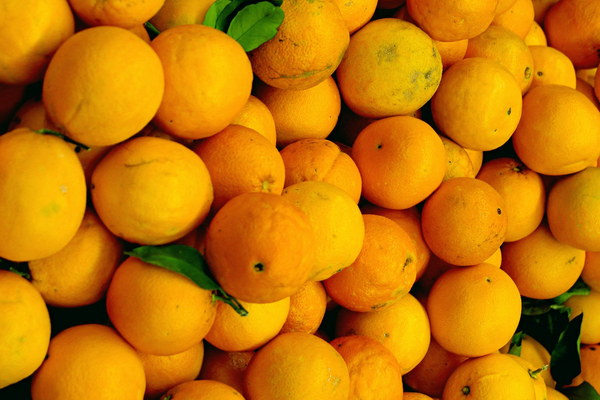Revitalize Your Energy with These Traditional Chinese Herbs in Tea A Guide to Nourishing Qi and Blood
In the realm of traditional Chinese medicine (TCM), the concept of balancing one's Qi (vital energy) and Blood is fundamental to maintaining overall health and well-being. Drinking herbal teas made from certain Chinese herbs can be a delightful and effective way to replenish and harmonize these vital elements. Here's a comprehensive guide to some of the most renowned Chinese herbs that can be used to brew a restorative tea for Qi and Blood.
1. Ginseng (Ren Shen)
Ginseng is perhaps the most famous herb in TCM and is often associated with vitality and longevity. It's believed to boost the immune system, enhance mental clarity, and support the adrenal glands. To prepare a ginseng tea, simply simmer slices of ginseng root in water for about 30 minutes.
2. Astragalus (Huang Qi)
Astragalus is another powerful herb that is known for its immune-boosting properties. It's commonly used to support the body's resistance to illness and to improve overall vitality. To make astragalus tea, add a tablespoon of the root to a cup of boiling water and let it steep for 15-20 minutes.
3. Goji Berries (Gou Qi Zi)
Goji berries are not only delicious but also packed with nutrients. They are believed to enhance the immune system, improve vision, and boost energy levels. Simply soak a handful of goji berries in hot water for 10-15 minutes to make a refreshing and nutritious tea.
4. Dang Gui (Angelica Sinensis)
Dang gui is a widely used herb in TCM, particularly for women's health. It's known for its ability to nourish the blood and regulate the menstrual cycle. To make a dang gui tea, steep a teaspoon of the root in a cup of hot water for 10-15 minutes.
5. Chuan Xiong (Ligusticum Chuanxiong)
Chuan xiong is another herb that is highly regarded for its ability to stimulate blood circulation and alleviate pain. It's often used to treat conditions such as menstrual cramps and headaches. To brew chuan xiong tea, add a tablespoon of the herb to a cup of boiling water and steep for 15-20 minutes.
6. Codonopsis (Dang Shen)
Similar to ginseng, codonopsis is used to boost Qi and improve overall vitality. It's also known for its ability to strengthen the immune system and enhance digestion. To prepare codonopsis tea, simmer a teaspoon of the root in water for 20-30 minutes.
7. Chinese Wolfberry (Lu Jiao Berries)
Lu jiao berries are rich in antioxidants and are believed to support eye health, improve immunity, and enhance longevity. They can be made into a tea by boiling the berries in water for 15-20 minutes.
Preparing Your Qi and Blood Tea
When preparing a tea blend for Qi and Blood, it's important to consider the specific needs of your body. Here's a basic recipe to get you started:
- 1 teaspoon of ginseng or codonopsis
- 1 teaspoon of astragalus
- 1 teaspoon of goji berries

- 1 teaspoon of dang gui (optional, especially for women)
- 1 teaspoon of chuan xiong (optional, for pain relief)
- 1 teaspoon of lu jiao berries
Combine the herbs in a pot and pour in about 2 cups of water. Bring to a boil, then reduce the heat and simmer for 15-20 minutes. Strain the herbs out and enjoy your tea warm. You can sweeten it with a little honey or agave if desired.
Conclusion
Brewing a cup of Qi and Blood tea can be a soothing and beneficial ritual for those looking to enhance their vitality and well-being. By incorporating these traditional Chinese herbs into your daily routine, you may experience improved energy levels, better circulation, and overall harmony within your body. Always consult with a qualified TCM practitioner before starting any new herbal regimen, especially if you have pre-existing health conditions or are taking other medications.


